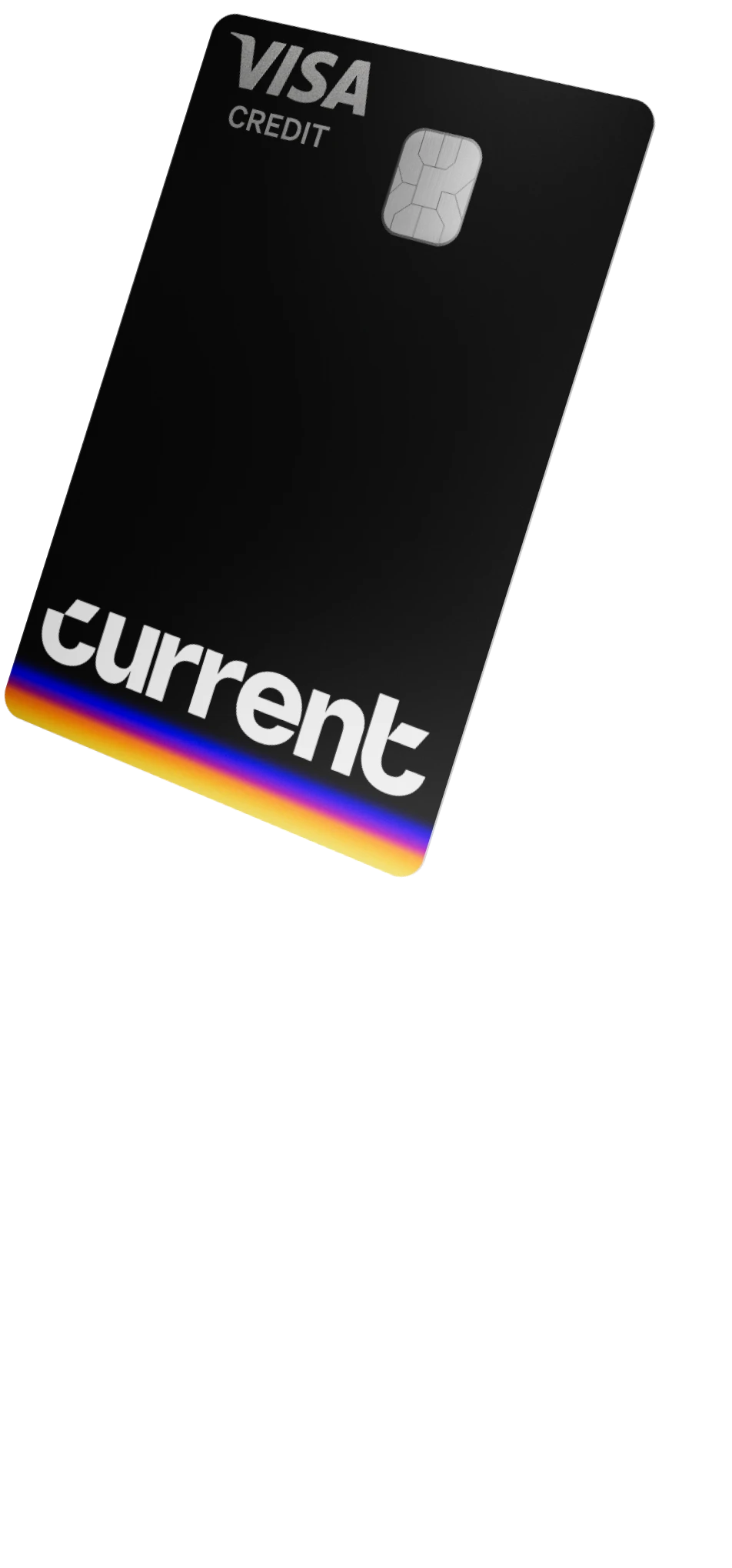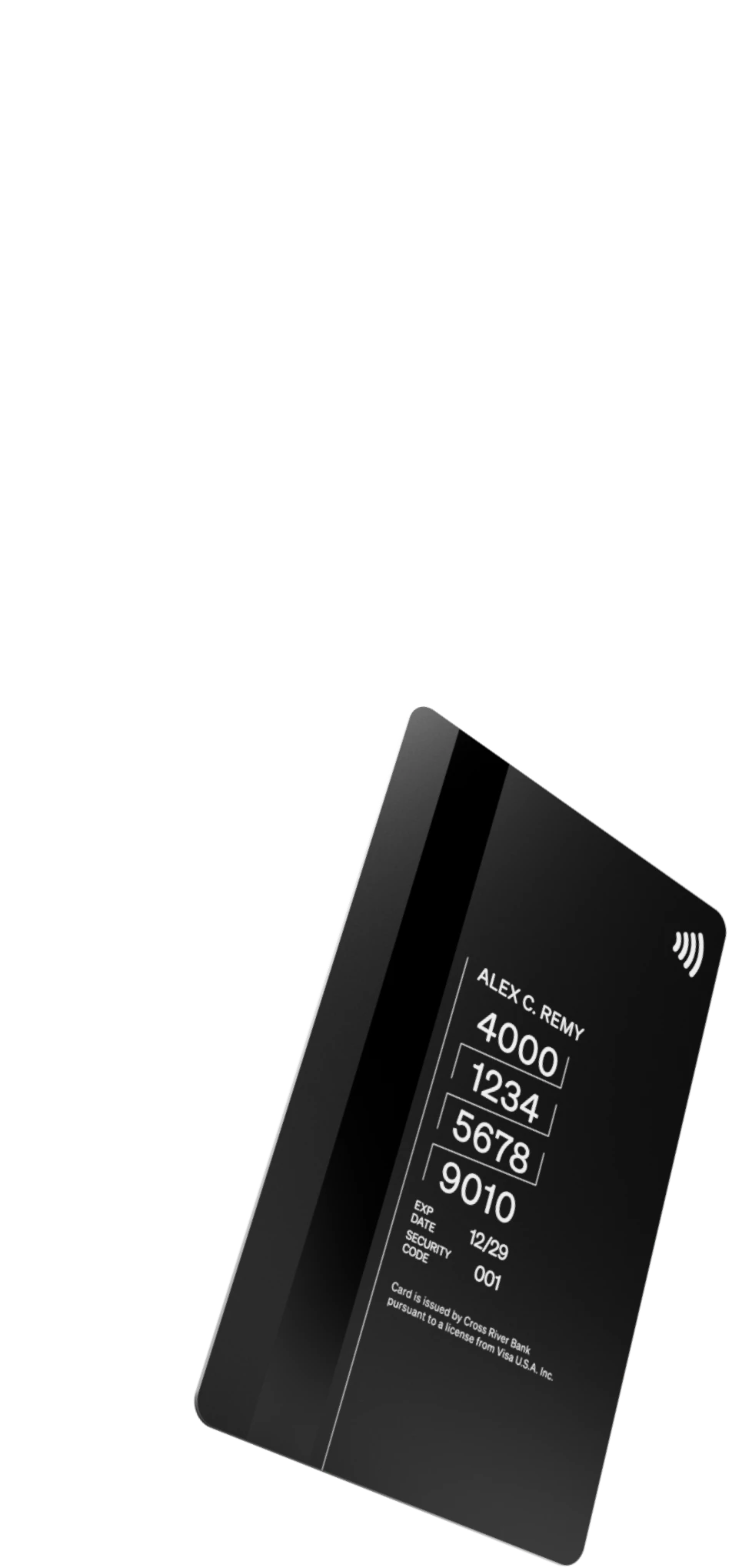Dangers of credit cards and how to avoid them

The allure of credit cards is real. Who wouldn't want to get something right now and pay for it later? But the dangers of credit cards are also real, and sometimes, they're hard to spot.
If you have credit cards right now, read on to find out how these harmless-seeming bits of plastic could drive up your debt and lower your credit score. If you don't have credit cards now, find out why you may not want to open an account.
High Interest Rates
The money you borrow with a credit card isn't free. You must repay the balance, and you'll pay for the privilege.
Every month, your credit card statement details how much you've spent and how much you owe. If you pay off that entire balance each month, you may pay no interest fees at all. But if you carry a balance into the next month, you will pay a fee.
Your annual percentage rate, or APR, defines how much you owe for the money you borrow. In 2019, most customers paid an APR of about 15% on credit cards. To put this in perspective, if you borrowed money to buy a car, you'd pay about 5% APR.
Credit card interest rates are so high because banks can't repossess everything you buy on plastic. Skip several car payments, and they can send the tow truck. Skip your credit card payments, and they'll have to take you to court instead. It's a messy form of credit, and high rates cover their risks.
Budget-Blowing Spending Habits
Research suggests that people spend more when they're paying via credit card. If you must cover your purchases with cash, you're forced to buy only what you can afford. If you use a debit card, your bank will keep you in line. But credit cards make spending more than you have very easy.
You may also see your balance rise each month due to:
- Automatic payments. Sign up for a service like Netflix, use your credit cards to cover your monthly fees, and you'll see them on your balance every month. Repeat this with several subscription services, and you'll rack up a large balance in no time.
- Impulse gifts. Companies that offer peer-to-peer payments make it easy for you to send money to friends, family members, and businesses from your phone. Use your card to send that money, and you'll see the fees on your monthly statements. With Current, you can instantly send money to friends or family on Current for free with Current Pay.
- Transportation. Trips on Uber can cost you a lot of money over time if you put the fees on your credit card.
It's hard to remember that every dollar you borrow via a credit card must be paid back. But the credit card companies don't forget.
Low Monthly Payments
Pay off your credit card every month, and you may not face fees related to interest. But few consumers take this simple step every month.
About a quarter of all people who hold rewards credit cards carry a balance at least seven times per year. And paying back a big balance can take a long time, especially since credit card companies encourage you to repay very slowly.
A credit card's monthly payment could involve:
- A flat percentage. You pay just a portion of the entire balance you owe. On average, customers pay between 2% and 4% of their total balance via this method.
- A percentage plus interest and fees. Again, you pay just a portion of what you've borrowed. But any interest charged on the balance and any fees associated with the card are due too.
Use a minimum payment calculator, and you'll quickly understand just how long it takes to pay back what you've borrowed.
For example, if your:
- Balance is $5,000
- APR is 15%
- Minimum percentage is 4%
You'll pay just $200 per month. It will take you 123 months to pay off that loan, and in the end, you'll pay more than $2,000 in interest.
Hidden Credit Card Fees
Plenty of paperwork and disclosures come with credit card agreements. But the wording is often dense and hard to understand. Sometimes, consumers agree to fees and penalties that cost them a lot in the long run.
Your credit card company may charge you for:
- Membership. About 30% of companies have annual fees for cardholders. The average fee is $110.
- Late payments. If you don't pay your bill on time, you could see a fee of about $36.
- Transfers. If you slide money from one card to another, you'll pay a fee of about 3% to 5% of the money you're moving.
You must pay all of these fees, and if they're added to your balance, you could pay interest on these dollars too.
5 Ways to Avoid the Dangers of Credit Cards
The financial risks we've outlined could impact you for years to come, but they're not inevitable. A few simple steps, repeated often, could ensure that you stay on track.
You can avoid credit card risks by taking these steps:
- Decline invitations. About 61% of Americans have credit cards. If you're not one of them, keep it that way. Avoid any solicitations from credit card companies. You might see them in the mail, on social media, and in magazine ads. Skip over them when you see them.
- Create a payback plan. If you do have a credit card, create a budget and set aside money to apply toward your balance each month. It may take time to pay off the balance, but your hard work will eventually pay off.
- Limit access to your card. Don't spend more money via credit when you're trying to tackle your balance. Keep your card in a locked drawer, not in your wallet, to keep you from spending more.
That advice holds even when you pay off the balance. Closing the card can harm your credit score, so keep the account open. Just don't charge anything on it. - Use your debit card instead. Stick with your budget by using a debit card like Current instead of a credit card. Know just how much you can spend, and never go over your limits. Your debt rates won't climb, and you won't spend a dime on interest.
- Create an emergency fund. Break the habit of leaning on plastic when you're faced with an unexpected expense. Set aside money each month for car breakdowns or medical bills.
Let us help you at Current. You can use our Current debit card anywhere that Visa is accepted. But you'll be pulling money out of your account and your paycheck. And our tools will help you understand just how much money you have and where you're spending it.
We'd love to have you join us. Download our app and sign up in just two minutes.
Current is a financial technology company, not a bank. Banking services provided by Choice Financial Group, Member FDIC.
References
Consumer Credit G.19. (October 2020). The Federal Reserve.
Effects of Payment Mechanism on Spending Behavior: The Role of Rehearsal and Immediacy of Payments. (2001). Journal of Consumer Research.
Average Credit Card APR. (October 2020). U.S. News and World Report.
Credit Card Minimum Payment Calculator. Bankrate.
A Look at U.S. Consumer Credit Debt. (November 2019). Experian.
2019 Credit Card Fee Study: What's Normal and What's Not? (October 2020). U.S. News and World Report.
How Is Your Credit Card Minimum Payment Calculated? (July 2019). Experian.
Will Closing a Credit Card Hurt Your Credit? (July 2019). Experian.




